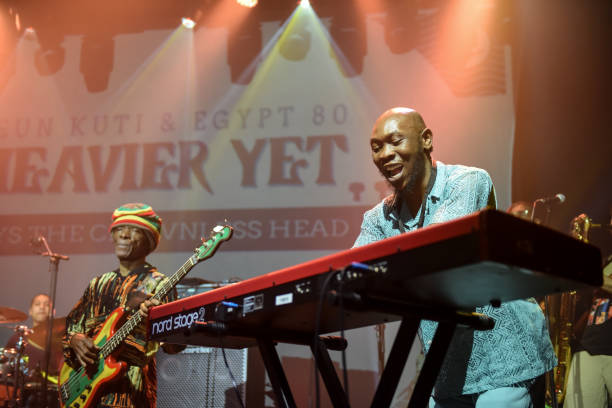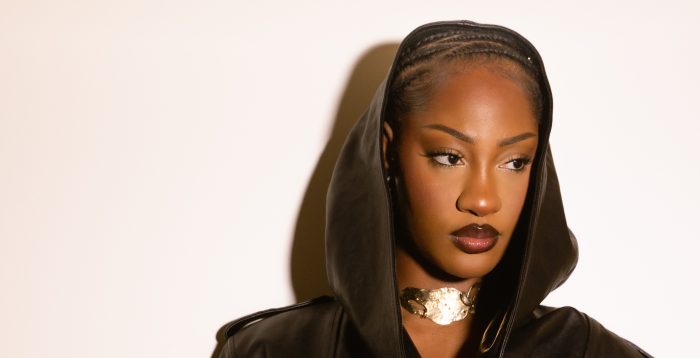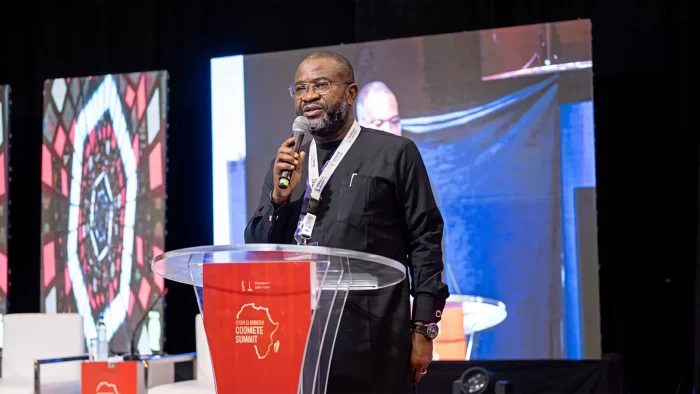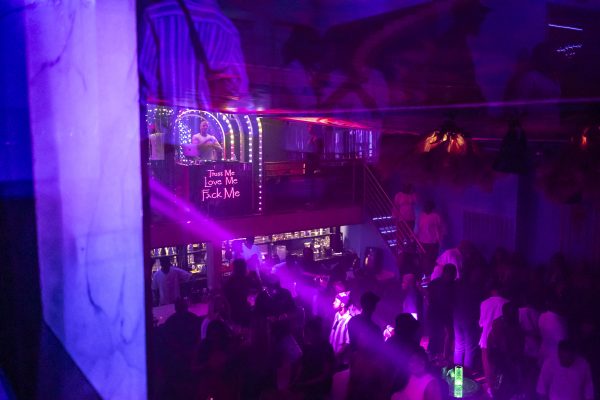Echezonachukwu Nduka is a triple threat who won’t be put in a box. The recipient of the 2016 Korea-Nigeria Poetry Prize is lauded for his spoken word poetry, his writing and his music.
His poetry collection, Chrysanthemums for Wide-eyed Ghosts, has been published by Griots Lounge Publishing and his writings have appeared in fourteen anthologies, including Ake Review, Brittle Paper, Afridiaspora and A Thousand Voices Rising: An Anthology of Contemporary African Poetry, Bombay Review.
Nduka’s works as a classical pianist has been featured on BBC Newsday, and Radio Nacional Clásica de Argentina. The Guardian Life speaks to the enigmatic artist about musicology, stage fright and walking in the rain.
[ad]
What inspires your poetry? And do you worry about the reception of poetry as an art form?
My poems are often inspired by an attempt to answer questions on gradations of human relationships while seeking meanings in quotidian engagements and sometimes, the otherworldly. I also find that my background as a musician wields a significant influence on my writing.
That said, I do not bother so much about reception because I believe that every poem will eventually find its audience. In any case, poetry has always been a genre without huge following owing to its somewhat cryptic nature. But even that is changing, especially with the ongoing renewed focus on spoken word and performance poetry.
In addition to being a poet and pianist, you are a musicologist. Not many people choose to study music at university. How did your parents react to that?
It was entirely my decision to study music at university. My earlier ambition was to study law, but all that changed in secondary school when I started playing the piano. Not only did I register to write music in all my O level exams as the only candidate in my school, but I also registered and wrote music in JAMB. I am grateful to my music teacher, Ms Amaka Igwe, who encouraged and prepared me for the exams.
When I filled my application form, I chose music as my choice in all the schools I applied to. I was so resolved in my decision that I didn’t consider any other course. I must admit, however, that my decision caused a measure of consternation to some of my teachers and friends. My parents were very supportive and gave me everything I needed for a successful study and career.
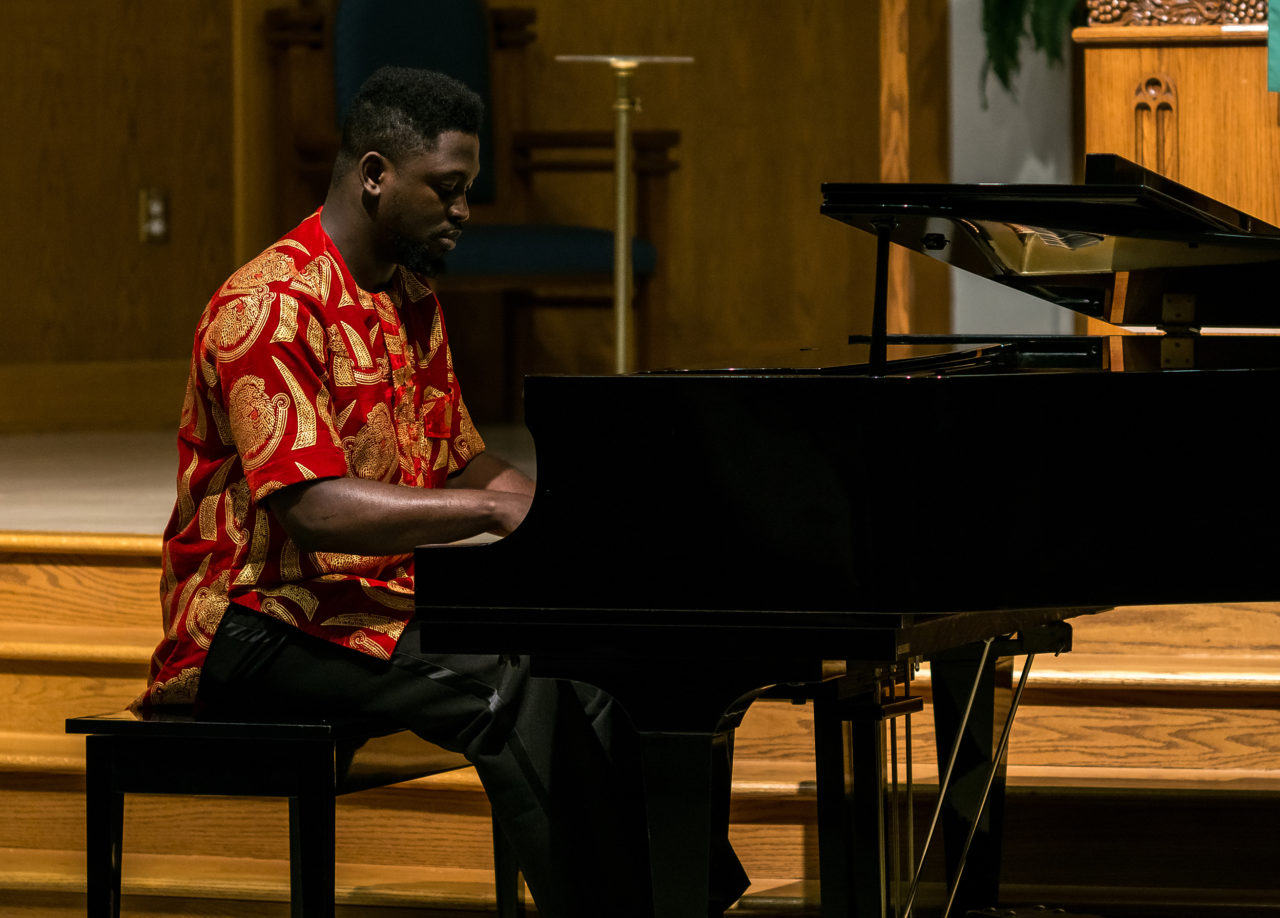
Does being a poet influence your music in any way?
I like to think that poetry has taught me to sometimes approach music performance with a depth of imagination. That way, when I study a piano piece, I tend to think of it as a story—or at the very least, a concrete image hanging somewhere at the corner of my mind. And to be sincere, if you consider the profound effects of dynamics in any piece of music, you would agree with me that music is a rhythmic story in harmonies.
Classical music is not exactly considered as a mainstream genre. Do you sometimes worry about audience size?
That is true. The genre is often considered as one for elite audiences who understand its intricacies, cultural and historical significance, and therefore place high values on it. But I also believe that classical music is for everyone willing to listen and think. Sometimes I worry about the size of audiences. But I understand that the size of audiences grows with the artist. That keeps me in check to focus on learning and improving my craft while advancing to the world stage. I love to have all kinds of people sitting to hear me play. However, I get a bit nervous when kids or babies are brought to the concert because when they run around or cry, it could be a huge distraction, and it ultimately ruins the live recording.
What has been your worst stage experience as a pianist?
That must be the memory lapse that hit me in the middle of a performance of Prokofiev’s work at the 2018 IMI concert in Missouri, USA. I still feel a pinch of pain each time I remember that experience. It took me a long time to get over it. Thinking of it now, I realise it wasn’t so bad because I managed the situation by improvising and quickly getting back on track to finish the piece.
Have you ever experienced writer’s block? What’s the longest you have stayed without writing a poem or playing the piano?
I divide my time between music and writing. This implies that whenever I’m engaged in regular practice sessions in preparation for concerts, my writing suffers to an extent. That does not mean that I have run out of inspiration or ideas. I won’t say I have experienced writer’s block, as that is a different kettle of fish. I must admit that I have stayed for two months or even more without writing a poem. I cannot recall the longest I have stayed without playing the piano, especially in recent times. Two weeks, perhaps.
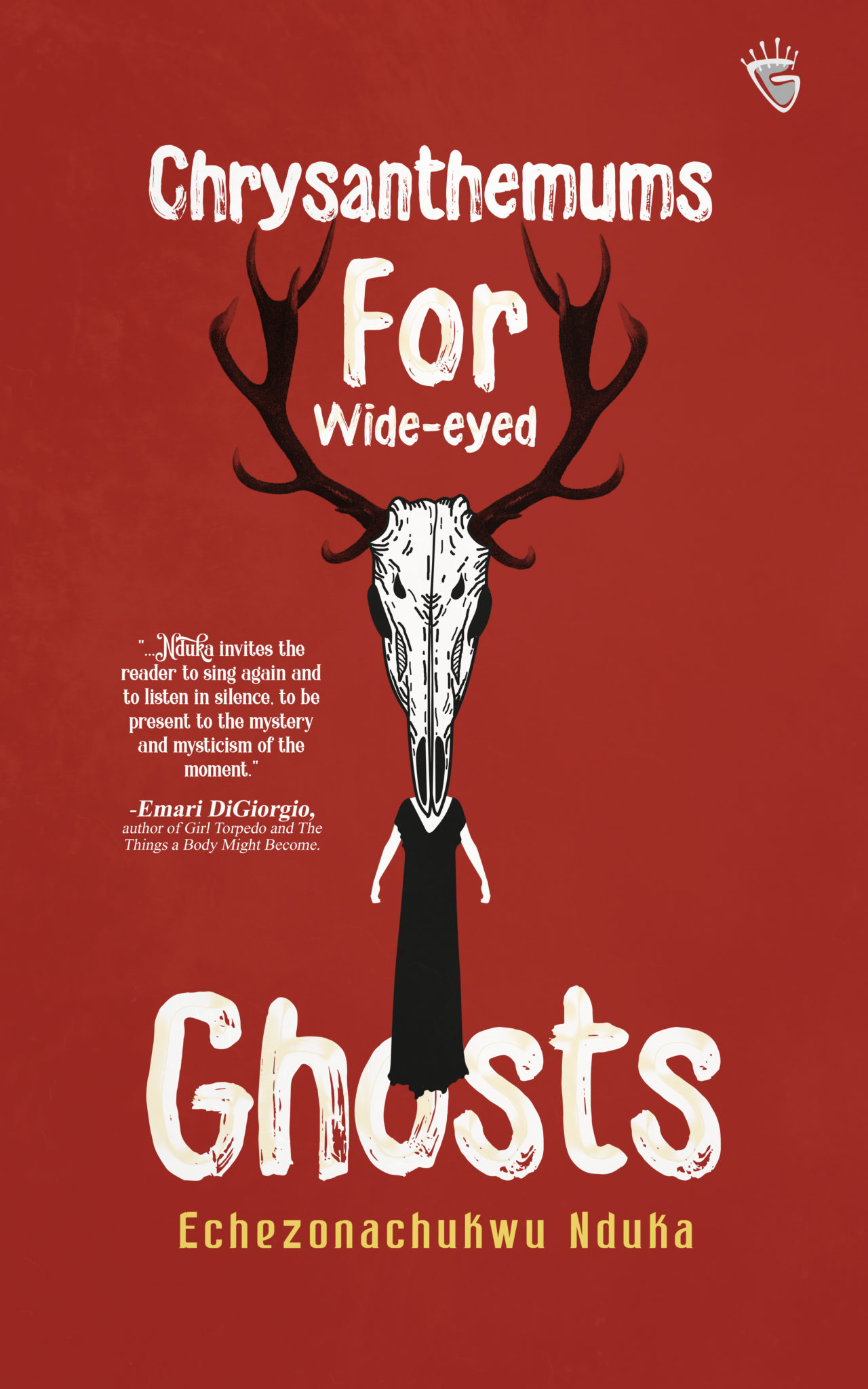
Which pianists would you consider walking in the rain for a few kilometres to meet personally?
Evgeny Kissin, Yuja Wang, Yefim Bronfman, Martha Argerich, Lang Lang. Daniel Barenboim, William Chapman Nyaho, and Grigory Sokolov. These pianists are all masters in their own right. However, I am often enthralled by the virtuosity and thoughtful interpretations of Evgeny Kissin. Imagine my joy when I discovered he wrote and recited Yiddish poetry!
A hundred years from now, what do you want to be remembered for?
I would like to be remembered for my role in constantly performing and promoting Nigerian classical piano music, for being a fearless artist, writing great books that widened the imaginations of generations, my laughter, my love for God, family, and the service of humanity.
What’s your favourite line from a poem?
An excerpt from Chris Abani’s Sanctificum easily comes to mind. It reads: “There are two ways to view the body/ Resurrection and crucifixion/ Everything that falls between is ritual.”
[ad unit=2]


